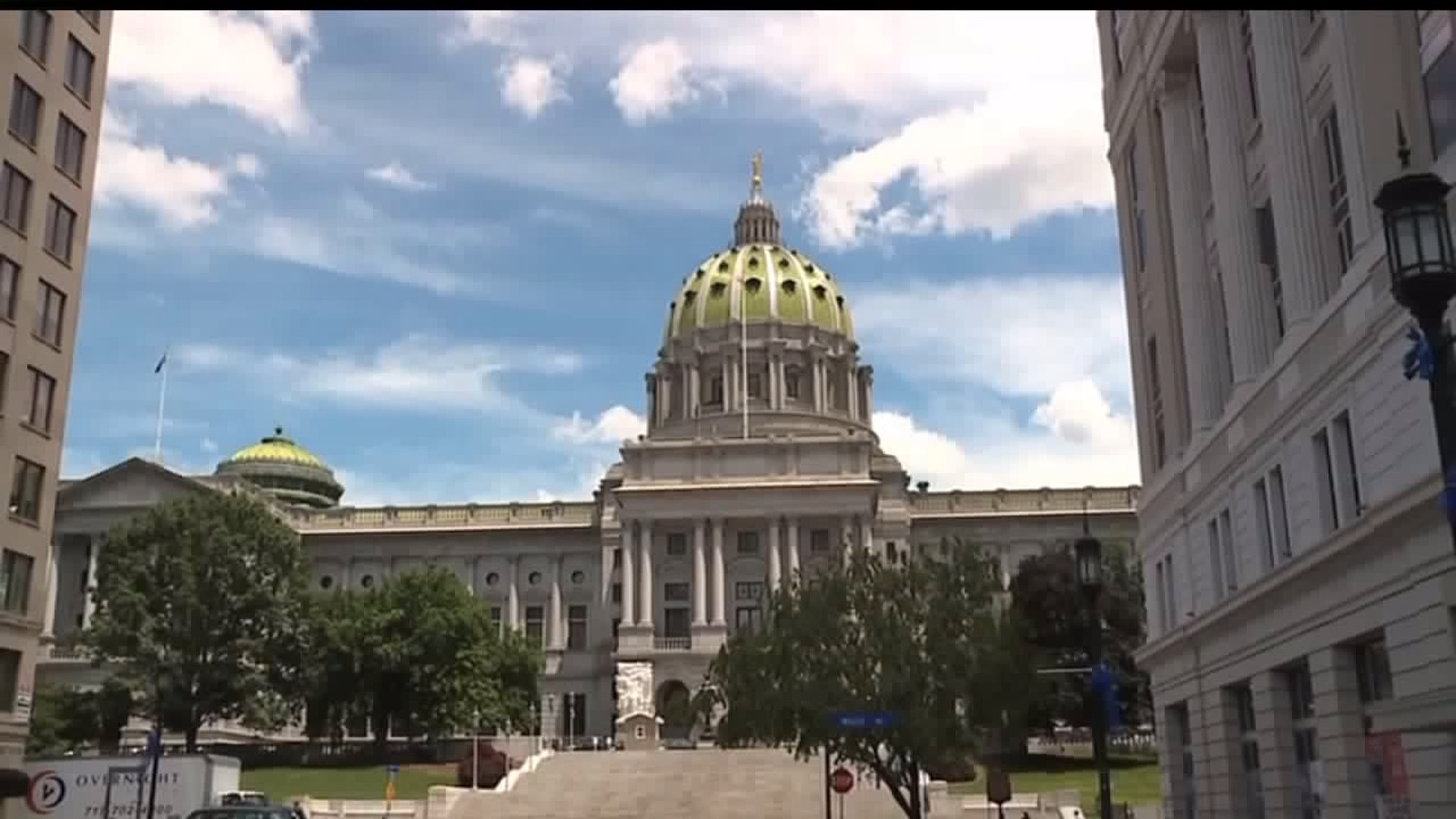HARRISBURG, Pa. -- Pennsylvania legislators are working overtime Saturday and Sunday to come up with a plan to pay for the state's $32 billion budget.
Some legislators propose taking money from the state's $11 billion Tobacco Master Settlement Agreement as a way to cover an approximate $2 billion budget shortfall.
The General Assembly passed a spending bill, without passing a payment plan, but the governor won't sign off on the budget without a way to pay for it.
If legislators don't come up with a plan soon, the budget will automatically become law after midnight on Monday.
Borrowing money from a state settlement with tobacco companies could help cover a $2 billion budget shortfall.
It's a proposal that falls short with the American Lung Association.
American Lung Association VP of community impact Joy Meyer said "by taking those dollars, what we are saying is that the 22,000 people in Pennsylvania who die every year from smoking deaths, are not an important cause."
American Lung Association vice president of community impact Joy Meyer, is not only concerned about the loss of lives due to smoking, but the programs that help prevent those deaths as well.
"The cessation programs, the Pennsylvania Free Quitline, tobacco prevention in our schools, Young Lungs at Play, so that people don't smoke in the playgrounds with our kids, just educating everyone about what the impact would truly be," Meyer said.
Governor Tom Wolf said "it would certainly be a concern to have any of the programs that came out of the tobacco settlement cut."
The General Assembly passed a $32 billion spending plan, but have yet to come up with a payment plan that adds up, falling about $2 billion short.
Gov. Tom Wolf (D) said "there are one-time gaps that we have to take into account, where one-time use of funds is appropriate, but we have some recurring problems. Recurring debt and recurring expenditures that we have to cover, and that's what we're all talking about."
Rep. Mark Gillen (R-Berks/Lancaster) "I'm a 'pay as you go' type of person, and I'd like to see us get our spending under control because what's the answer next year? So I'm not interested in short term fixes."
This situation may seem like déjà vu to most Pennsylvanians. Like last year, legislators will be working overtime to find a solution to where should the $2 billion needed to balance the budget come from.
"Today and tomorrow, and I think we've been talking since last Friday, and I'm optimistic," Wolf said.
"I have no difficulty with that, I would rather be here longer and get it right," Gillen said.
"They're in a difficult situation, trying to make tough decisions, so we hope that public health wins again this year, and that we will continue to do the good work that we do in Pennsylvania," Meyer said.
S&P recently threatened to lower Pennsylvania's AA- credit rating because the budget has not been balanced yet.
A lower score could cost taxpayers more money in the long run as it would cost the state more to borrow money.

